Brazil’s plans to strengthen and expand the Mercosur trading bloc are running into growing disagreement among its members over several topics, including Venezuela and free-trade agreements with other markets.
President Luiz Inácio Lula da Silva assumed the rotating presidency of the South American customs union Tuesday, promising to reduce dissent in the group founded by Brazil, Argentina, Uruguay and Paraguay. His push for Mercosur to resume talks with Venezuela, suspended from the bloc in 2017 for breaching its democratic clauses, faced immediate backlash.
Uruguay’s Luis Lacalle Pou and Paraguay’s Mario Abdo Benítez criticised the Venezuelan government’s decision to bar opposition leader María Corina Machado from running in upcoming presidential elections, putting Lula on the defensive.
“I follow the events in Venezuela with great concern,” Benítez said during a Mercosur summit in the Argentine city of Puerto Iguazú. “Erasing the opposition with the disqualification of María Corina Machado collides with human rights.”
Lacalle Pou echoed him: “It is clear that Venezuela will not have a healthy democracy if, when there is an election possibility, a candidate like María Corina Machado, who has enormous potential, is disqualified for political reasons.”
Lula, a longtime ally of Venezuela’s Nicolás Maduro, said he still didn’t have a full picture of Machado’s situation in Venezuela, but called on his colleagues to remain open to dialogue: “When we have problems, we don’t hide from them, we face them,” he said.
Argentina’s Alberto Fernández also adopted a more diplomatic tone, saying he wants “democracy to be full and institutionality to be maintained in Venezuela,” but that he first needs to “see exactly what the size of the problem” is in the country.
Machado’s ban, like those slapped on other leading opposition figures including former governor and twice presidential candidate Henrique Capriles, is an attempt by the Maduro administration to keep her out of next year’s race. In practice, however, she and other candidates are ignoring the bans and continuing their campaigns, betting the government will eventually be forced to reverse its decision.
EU-Mercosur deal
Lula also said he seeks to include Bolivia in the while working for the conclusion this year of a long-awaited free trade deal with the European Union, which was reached in 2019 but has never been finalised.
Earlier, Lacalle Pou complained about Mercosur’s inability to strike trade deals with other markets, especially the European Union, while it blocks his country’s plan to sign a bilateral agreement with China.
“Uruguay has struggled to get market access as our economy’s share of Mercosur trade has decreased,” he said. “We must keep negotiating as a bloc and, if not as a bloc, unilaterally.”
Accessing the Argentine consumer market is among the main complaints voiced by Uruguay, as the second-largest economy in South America raises obstacles to imports in a bid to protect its dwindling international reserves.
Uruguay did not sign onto the statement released by the bloc of countries at the end of the summit, the fourth time it has left its name off the declaration.
“We’re going to have to make a huge effort to try to reduce complaints among us,” Lula said. “If it lasts a long time, a complaint becomes bitter, unpleasant. I will try to resolve the main disagreements in Mercosur, as together we are stronger and we have more negotiating power.”
related news
by Martha Beck, Bloomberg











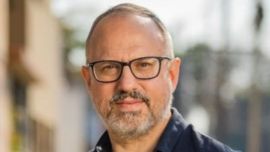
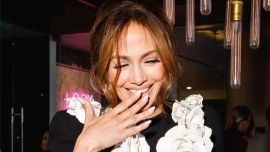
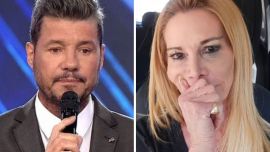
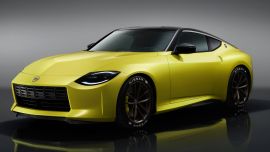






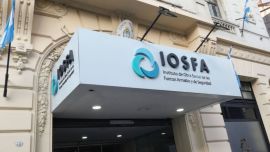

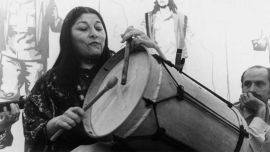
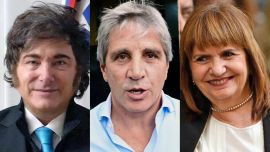
Comments